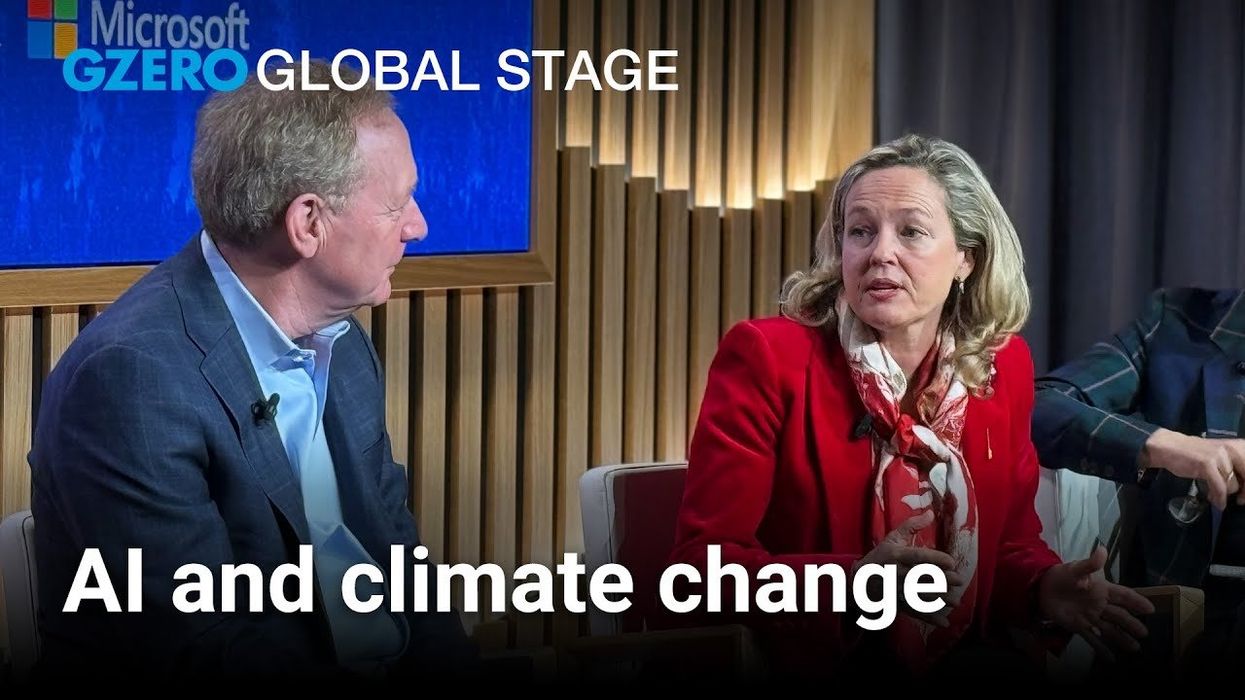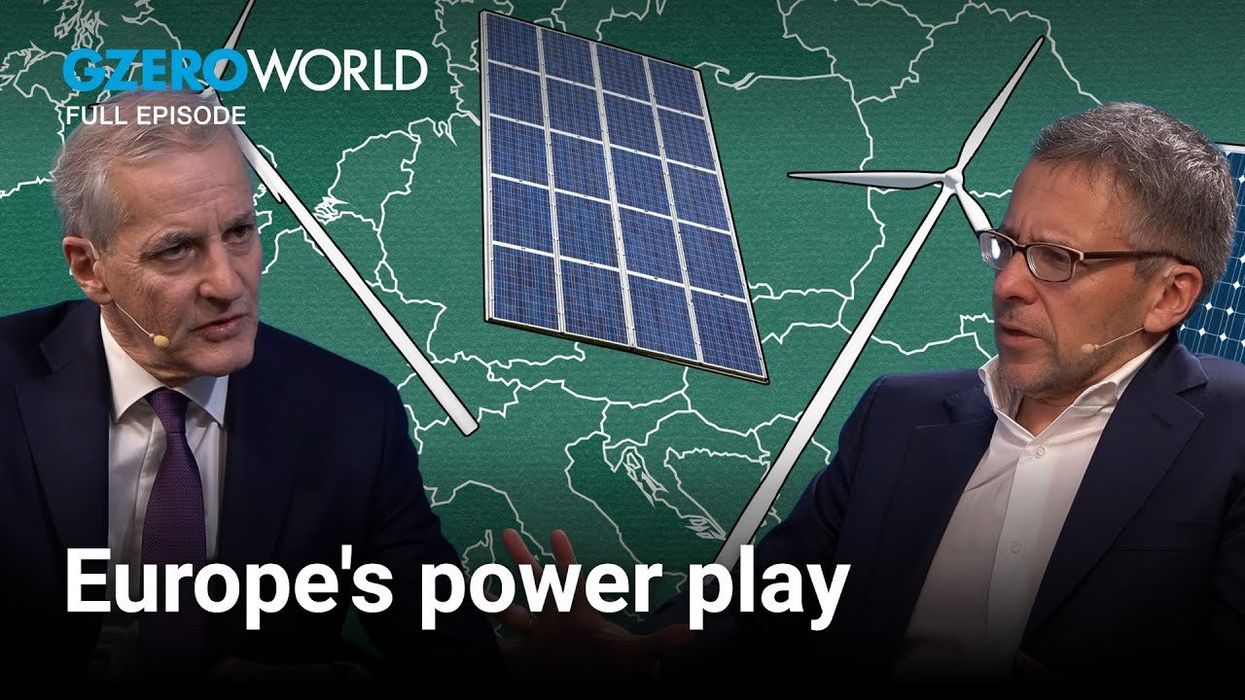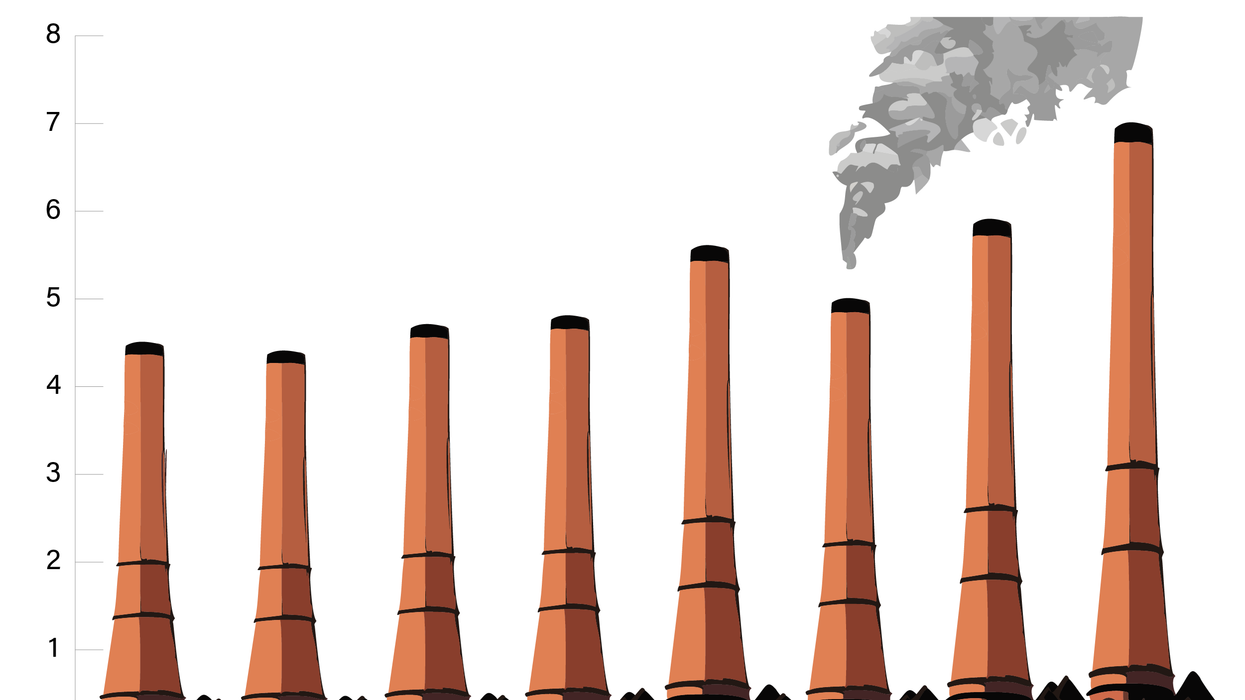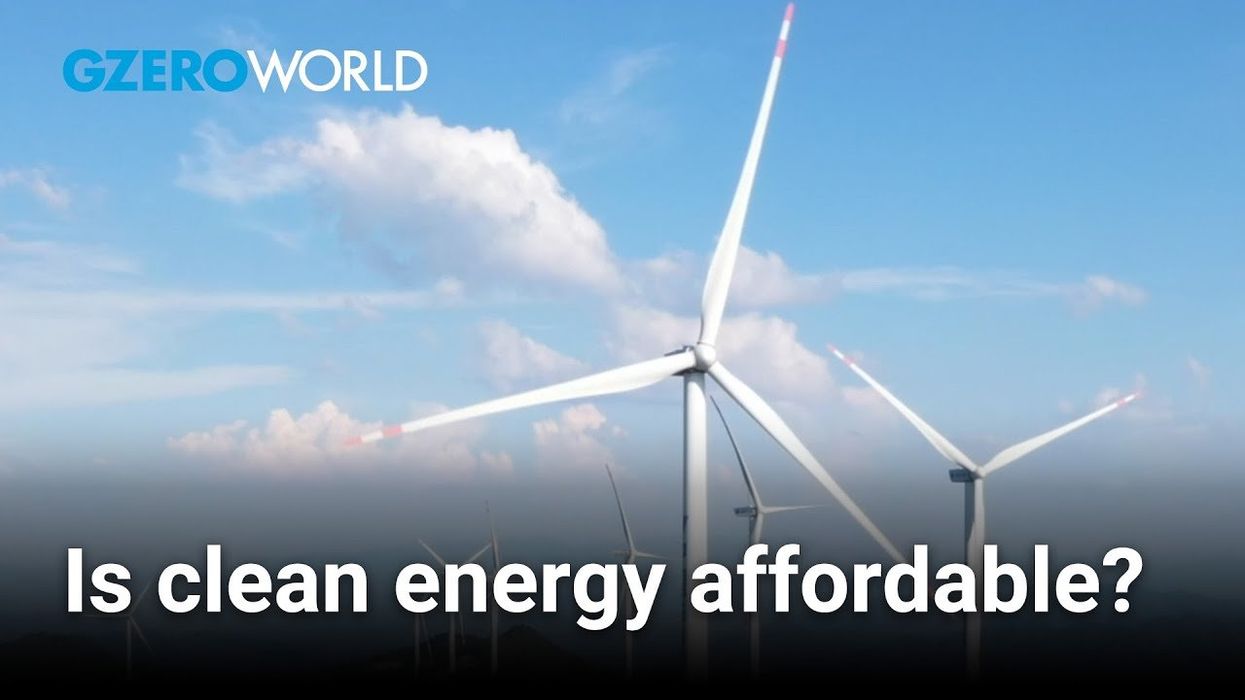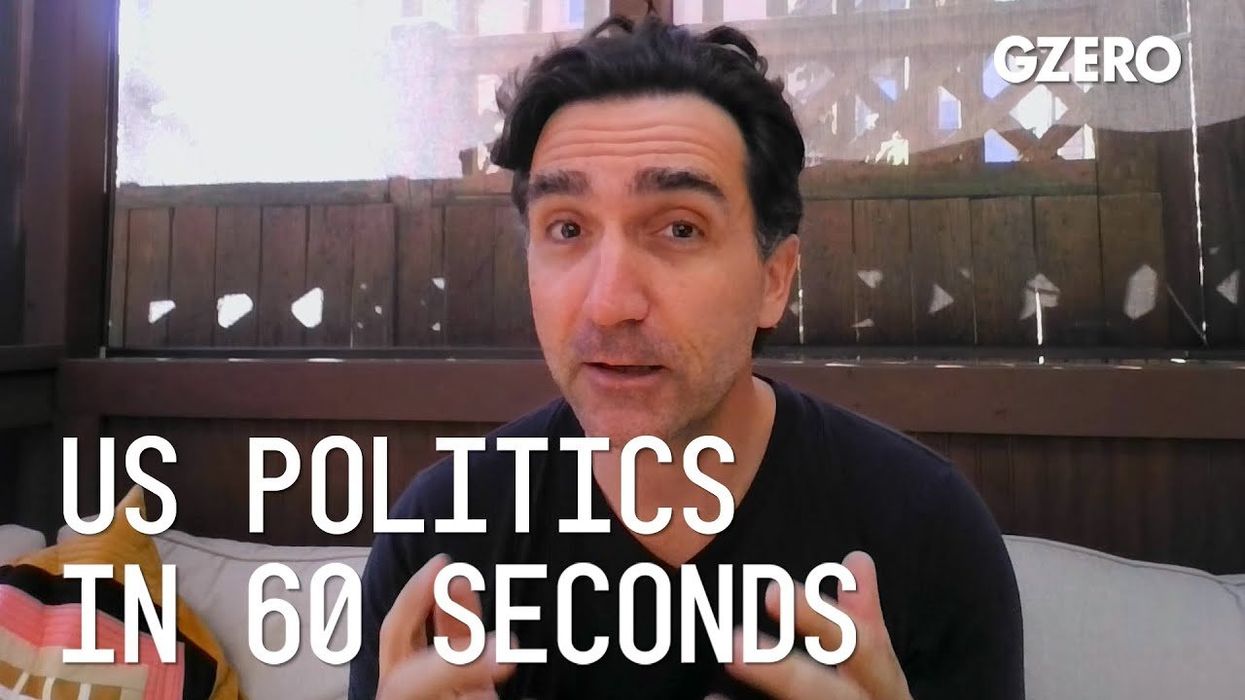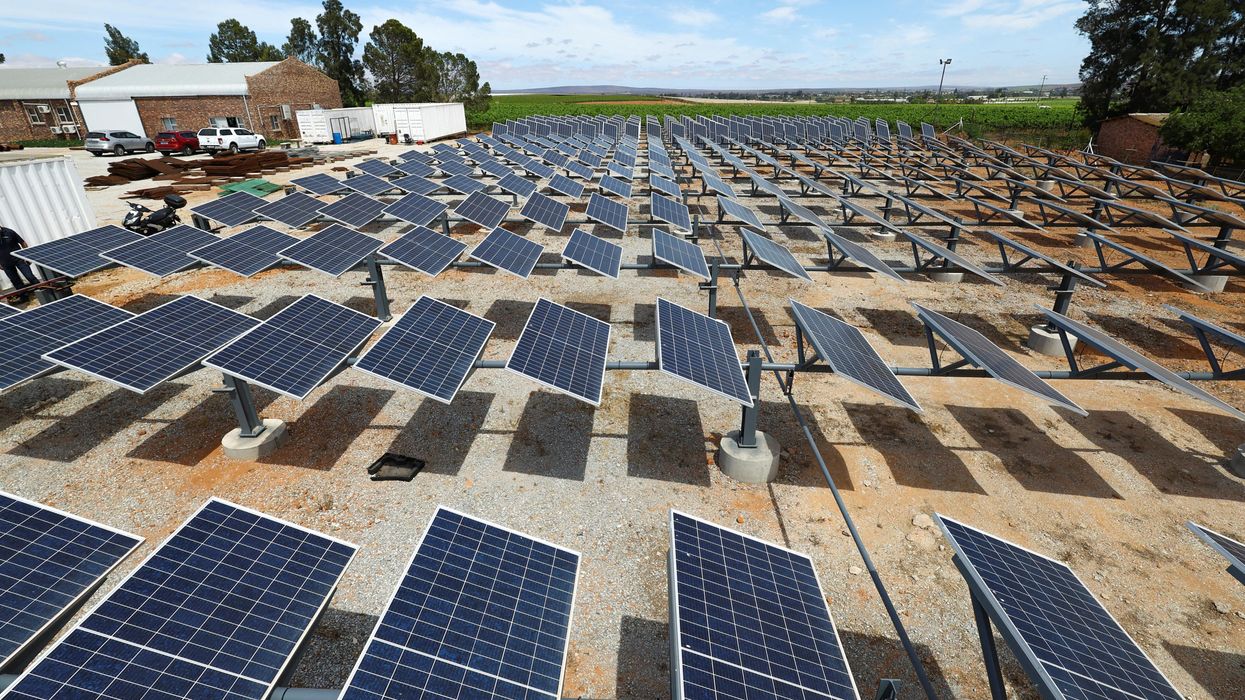World Economic Forum
How does Europe balance AI and energy transition?
“I can tell you Europe is absolutely committed to tackling climate change, to developing this green economy, and to making the green transition a European success,” said Nadia Calviño, President of the European Investment Bank.
Jan 30, 2025
